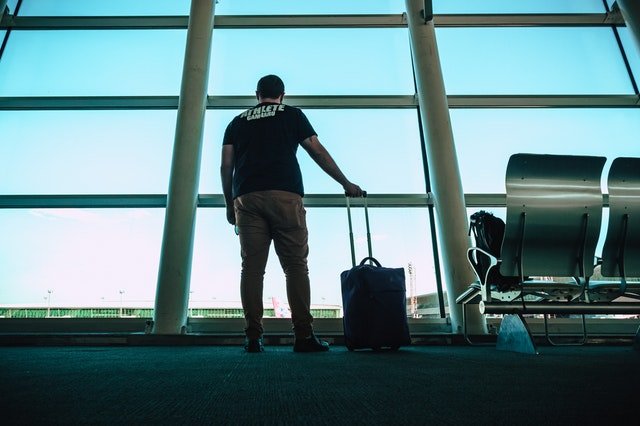
In a new study, researchers found that strict travel bans, both within and outside of China, may have done little to impede the spread of coronavirus.
They found even the draconian 90% travel restrictions placed on residents living in the epidemic’s epicenter, Wuhan, delayed the overall epidemic progression by only 3 to 5 days in mainland China.
They suggest that such efforts probably only temporarily slowed the international spread of COVID-19.
The researchers believe that many undetected cases were already circulating globally. Once these cases “seeded” a new country, local outbreaks unconnected to China got quickly underway.
The research was conducted by a team at Northeastern University in Boston.
The team suggests that transmission-reduction interventions may work to help slow the virus.
Those interventions include common-sense steps U.S. health officials have been advocating for weeks, including frequent hand washing, “social distancing” (no handshaking, avoiding crowds), staying home when sick, coughing into your elbow and cleaning frequently touched surfaces.
In the study, the researchers devised a complex model of the situation in China and globally.
The model involved more than 3,200 “sub-populations” across more than 200 countries, the team said.
The team also gathered data from the International Air Transport Association (IATA) and ground travel data from governments in more than 30 nations on five continents.
Beginning on Jan. 23, 2020, the scope of the epidemic raised alarm bells, and the Chinese government placed strict restrictions on movement for citizens living in and near Wuhan.
For weeks, millions of people were forced to stay home, away from public transit, workplaces, and schools.
But the new model shows that even the 90% travel restrictions used in Wuhan curbed the spread of the new coronavirus in China by just a few days.
The team says by Jan. 23, the epidemic was already seeded in several locations across mainland China.
This covert “seeding” occurs because experts assume that about 60% of cases of coronavirus infection actually go undetected, partially because many of those infected will show no or only mild symptoms.
For the effects of banning international air travel to and from Wuhan, the team says the initial effect was very beneficial:
Such efforts were able to slow the “importation” of COVID-19 from mainland China to other countries by about 77% by mid-February. But those benefits were short-lived.
In mid-February, countries such as Iran, Italy, and South Korea were already reporting major domestic outbreaks.
Though the travel bans slowed the international spread of coronavirus by two to three weeks, the team believes that the number of cases observed outside mainland China will resume its growth after two to three weeks from cases that originated elsewhere.
Overall, the findings suggest that while travel bans may have delayed the spread of COVID-19 in the initial stages, the more important and relevant measures to reduce the spread of the virus arise from rapid identification, isolation and contact tracing of contacts of persons who test positive for COVID-19.
This means meticulous hand hygiene, social distancing, covering your coughs and sneezes, and staying home if you are sick.
One author of the study is Matteo Chinazzi.
The study is published in Science.
Copyright © 2020 Knowridge Science Report. All rights reserved.



